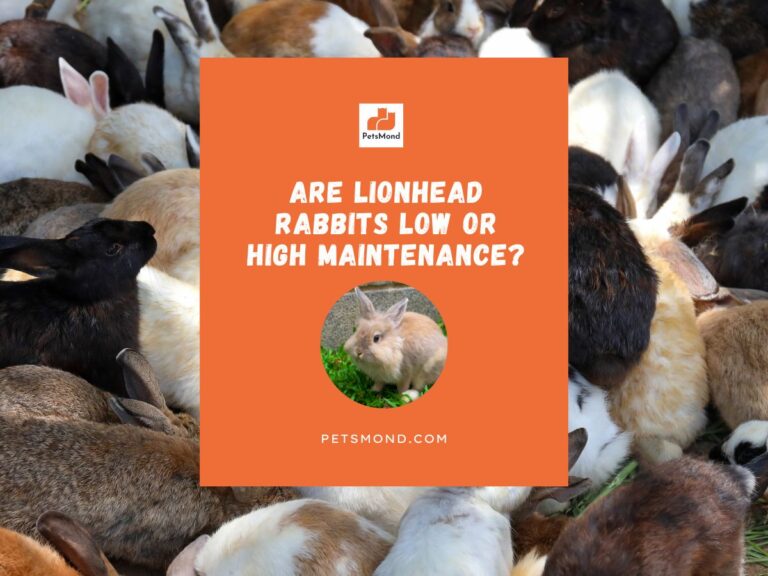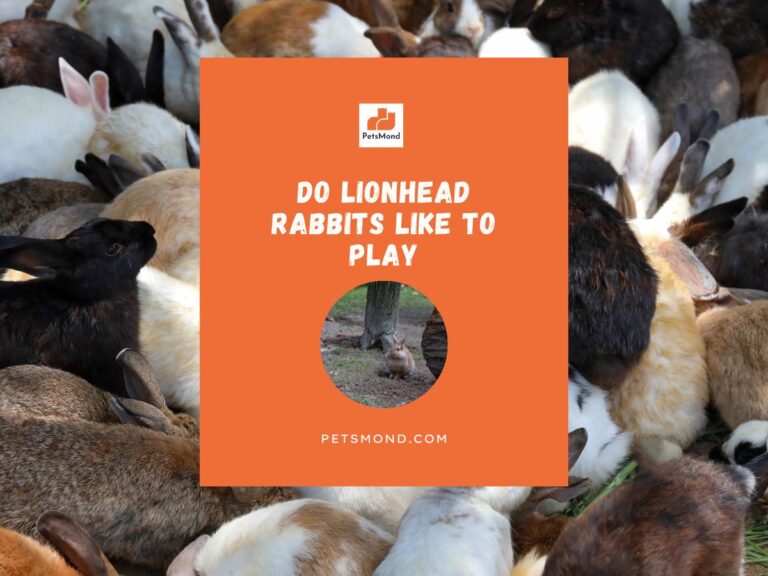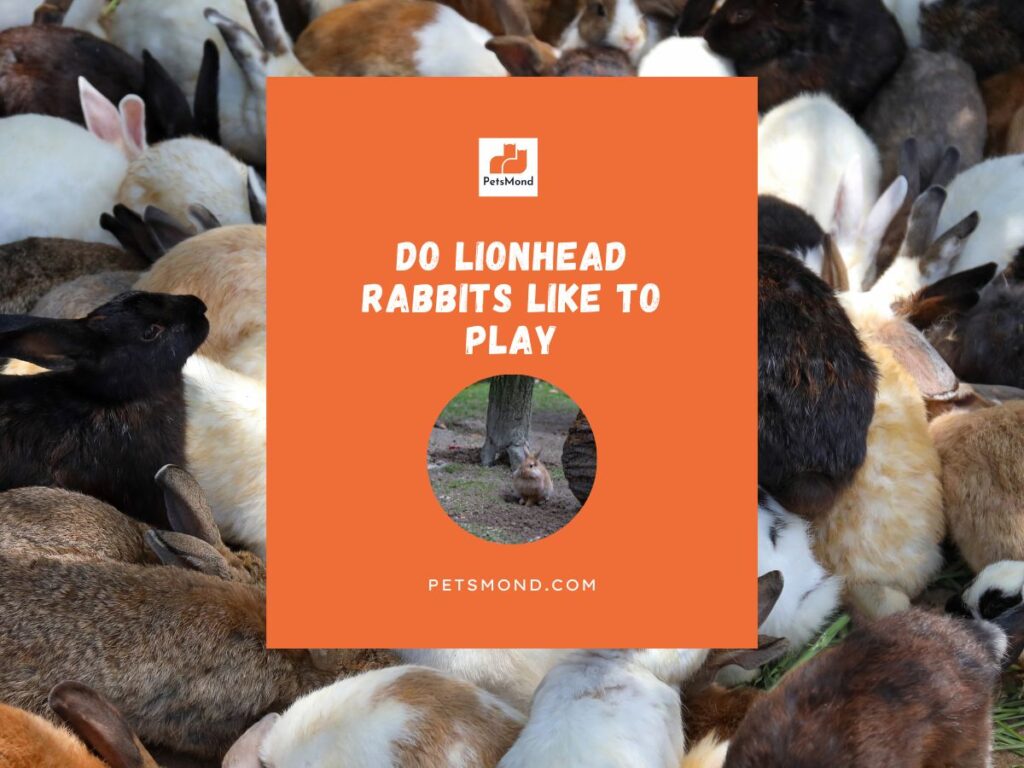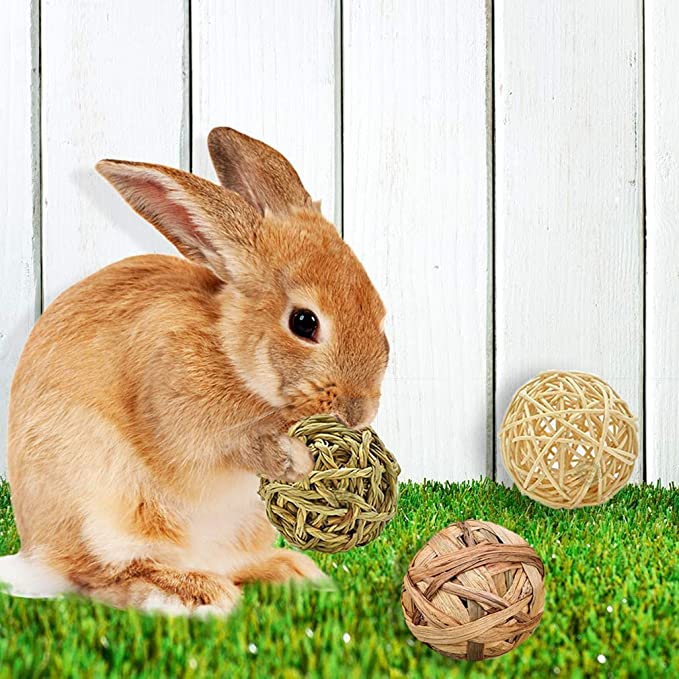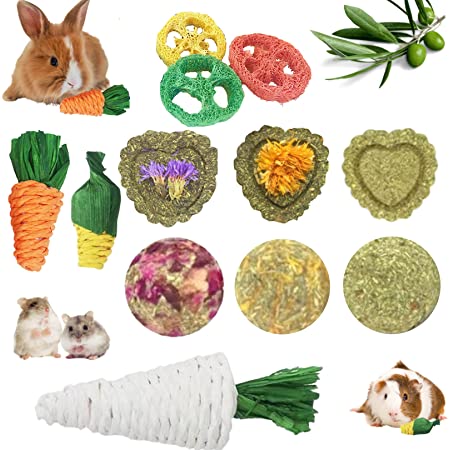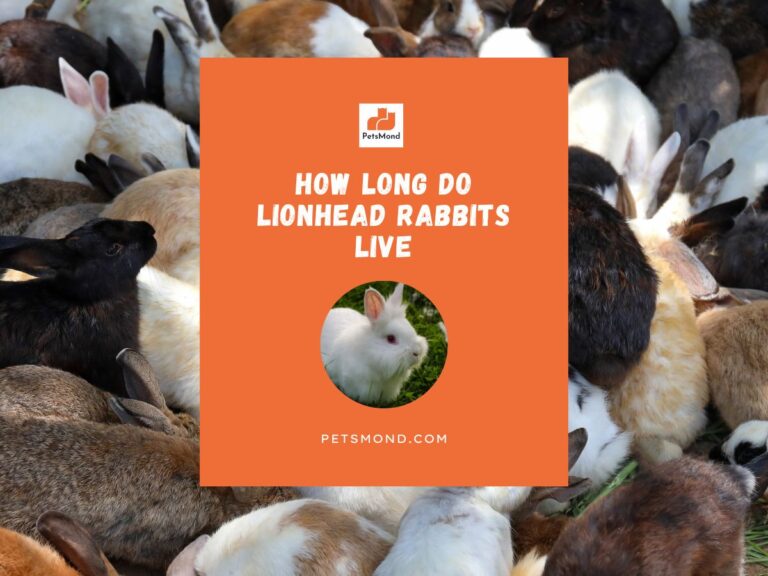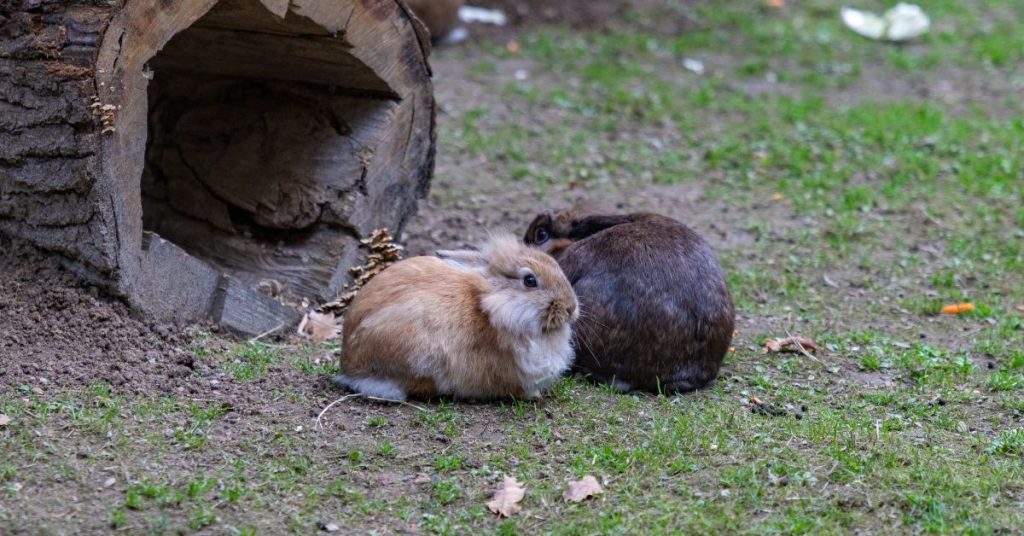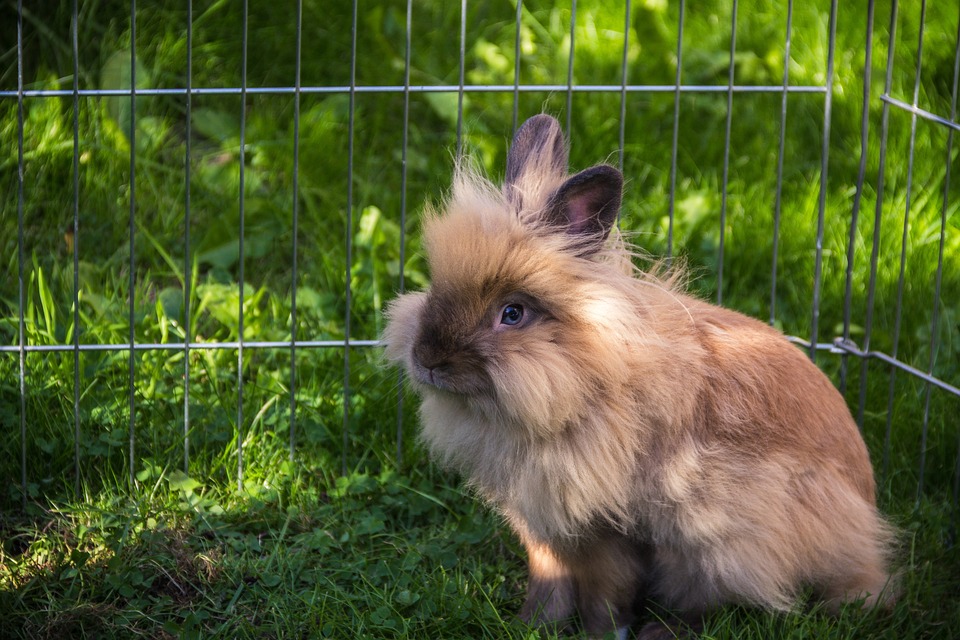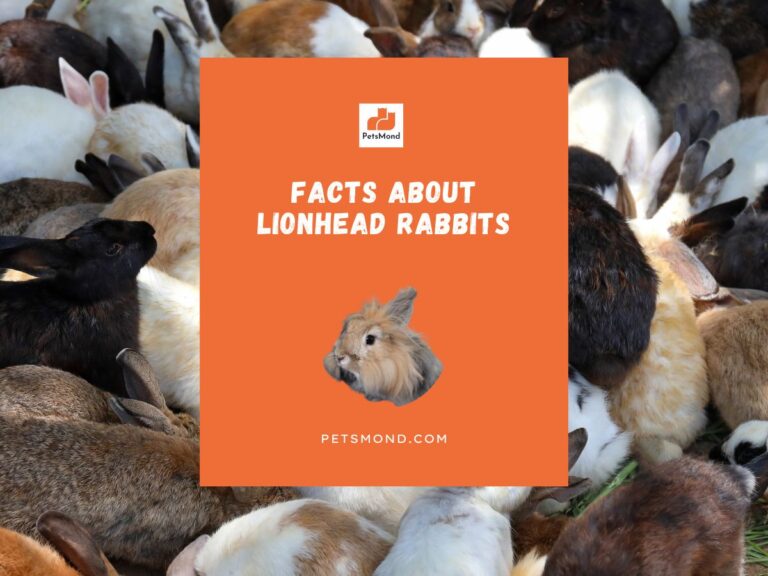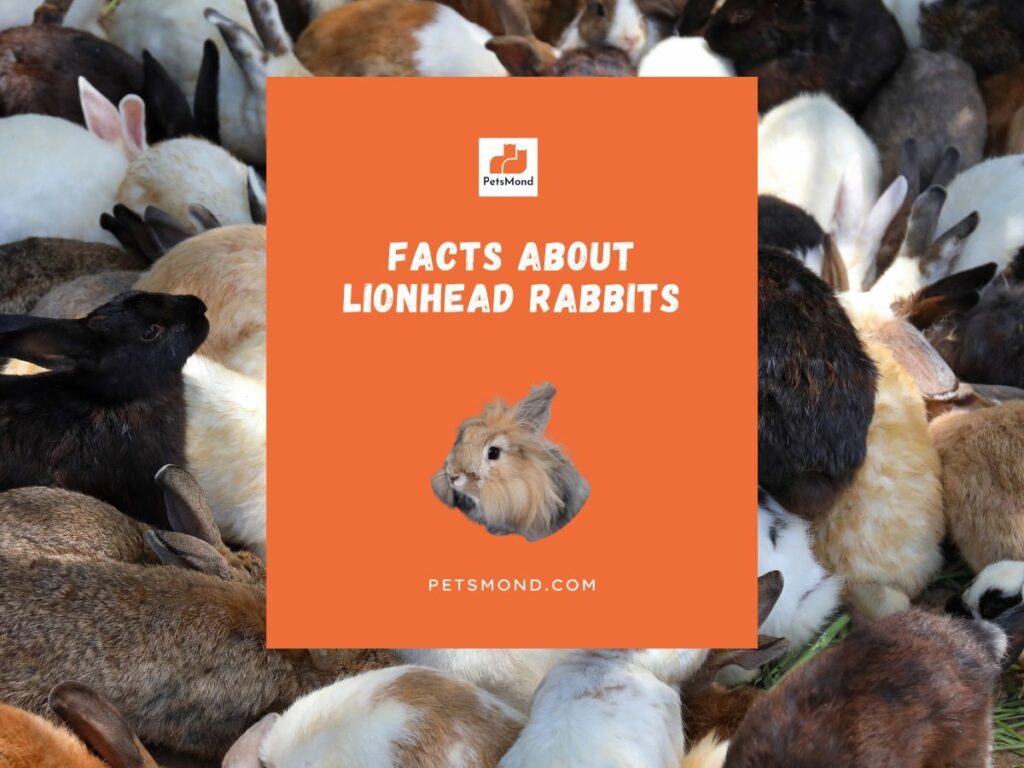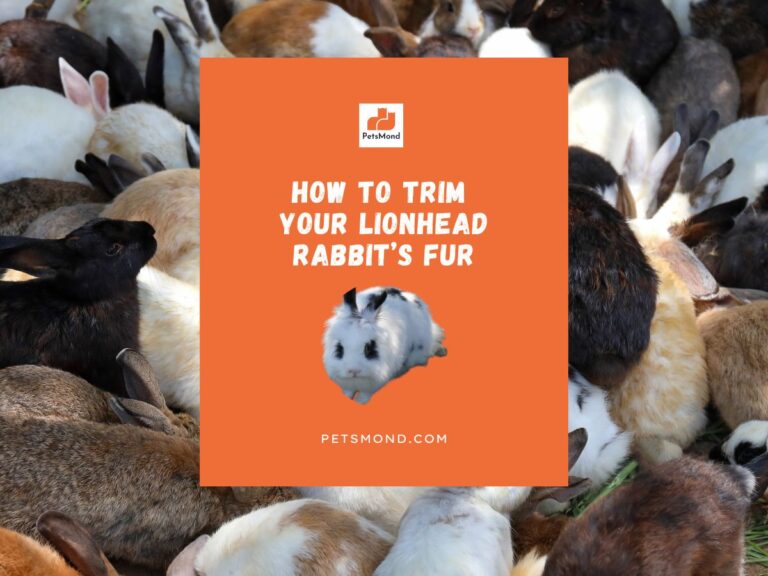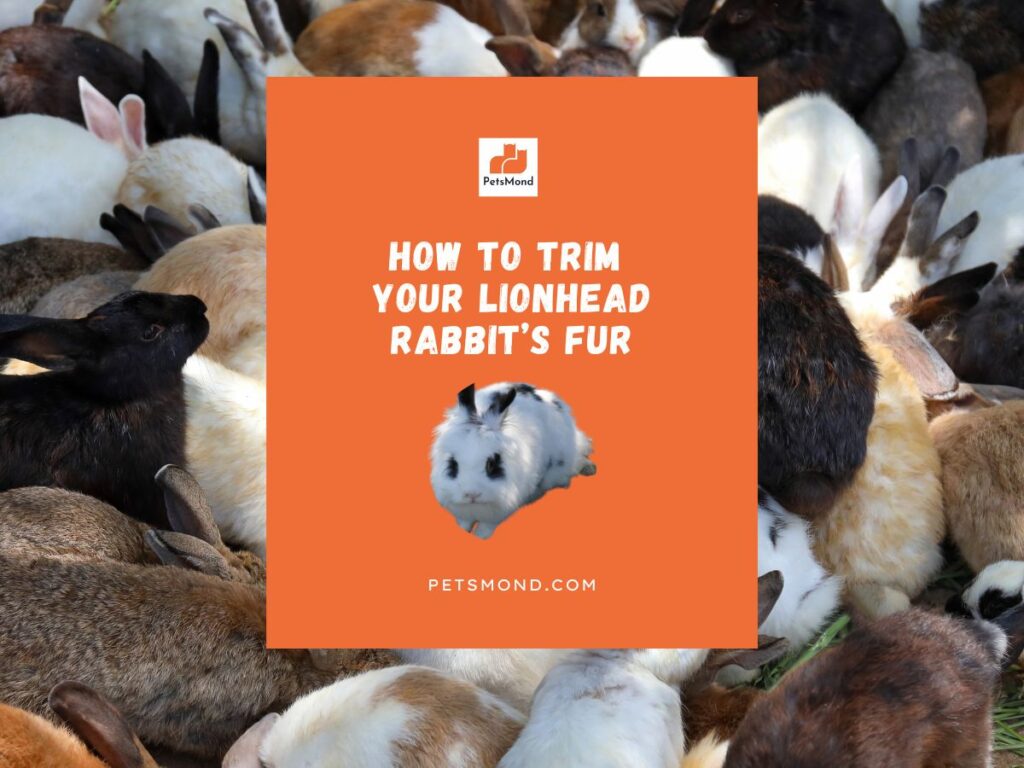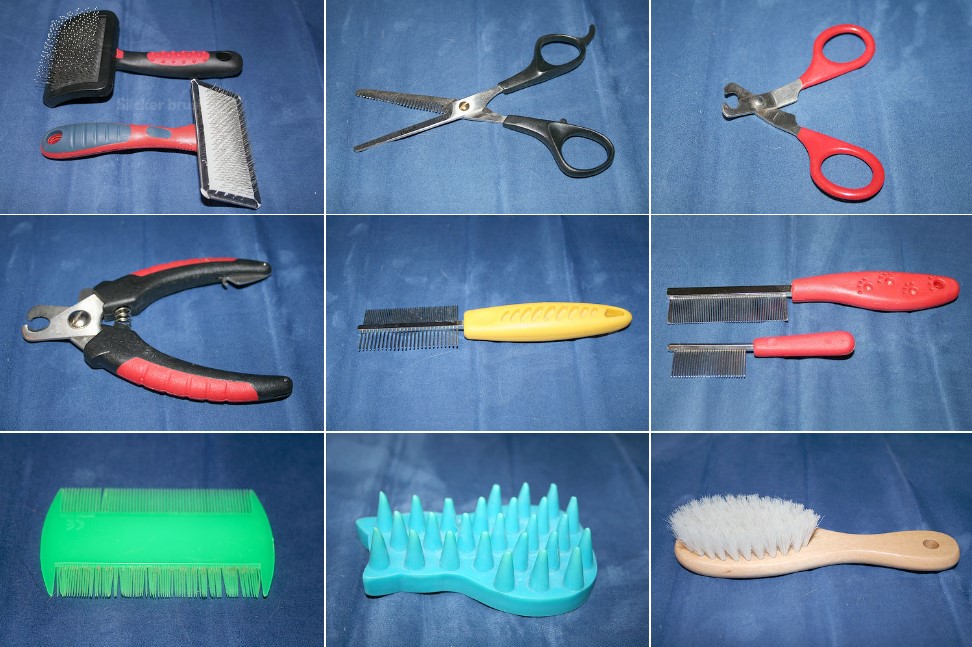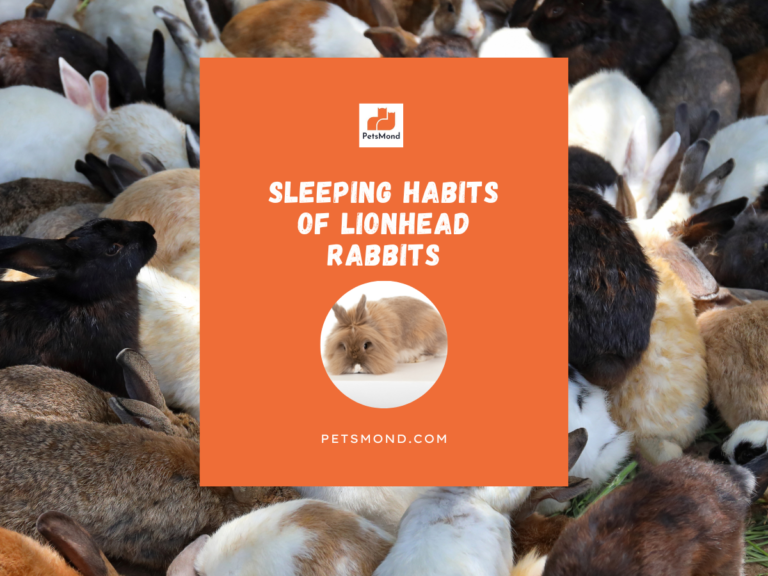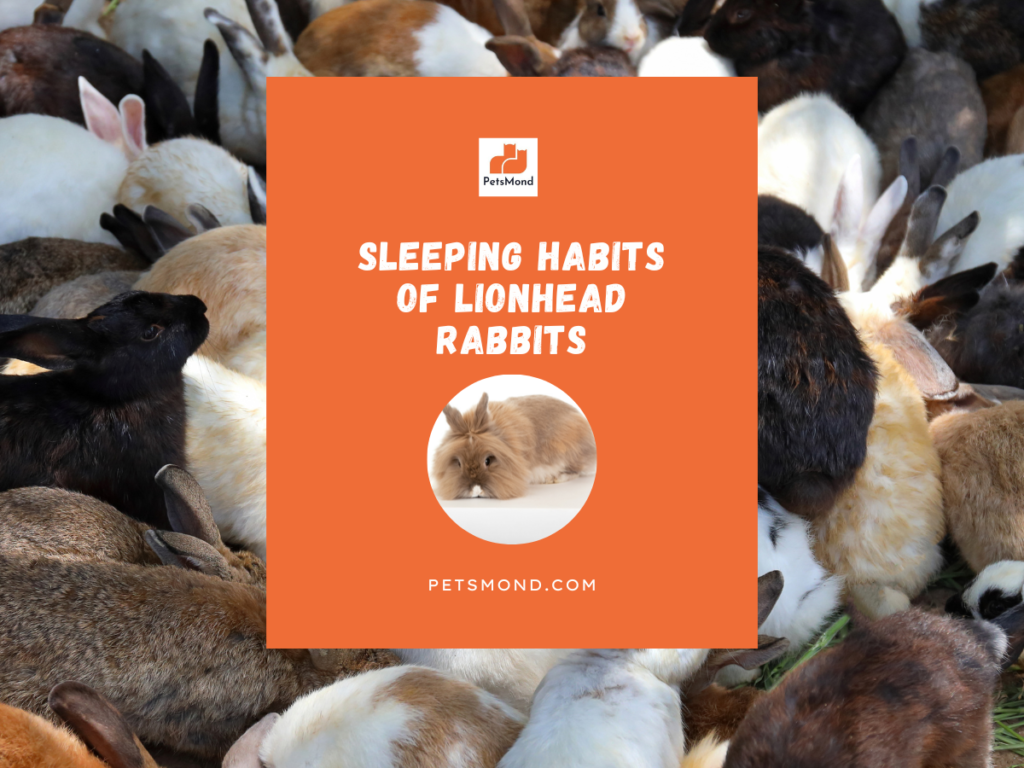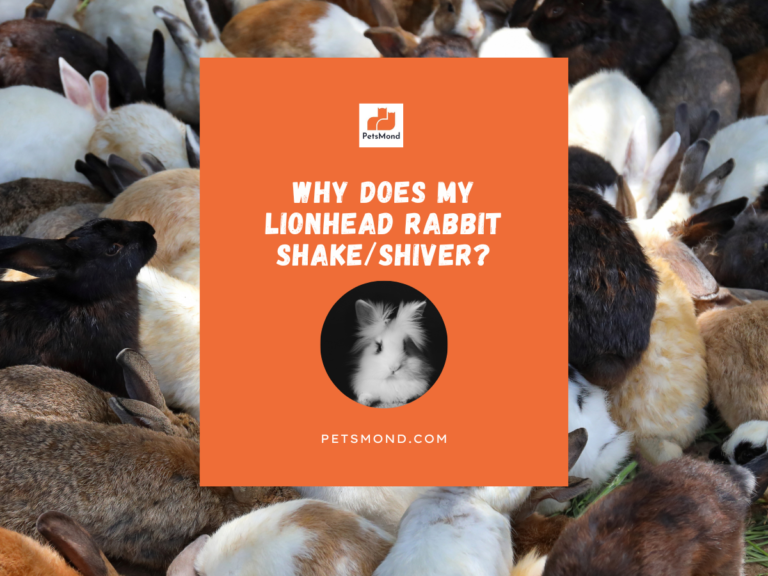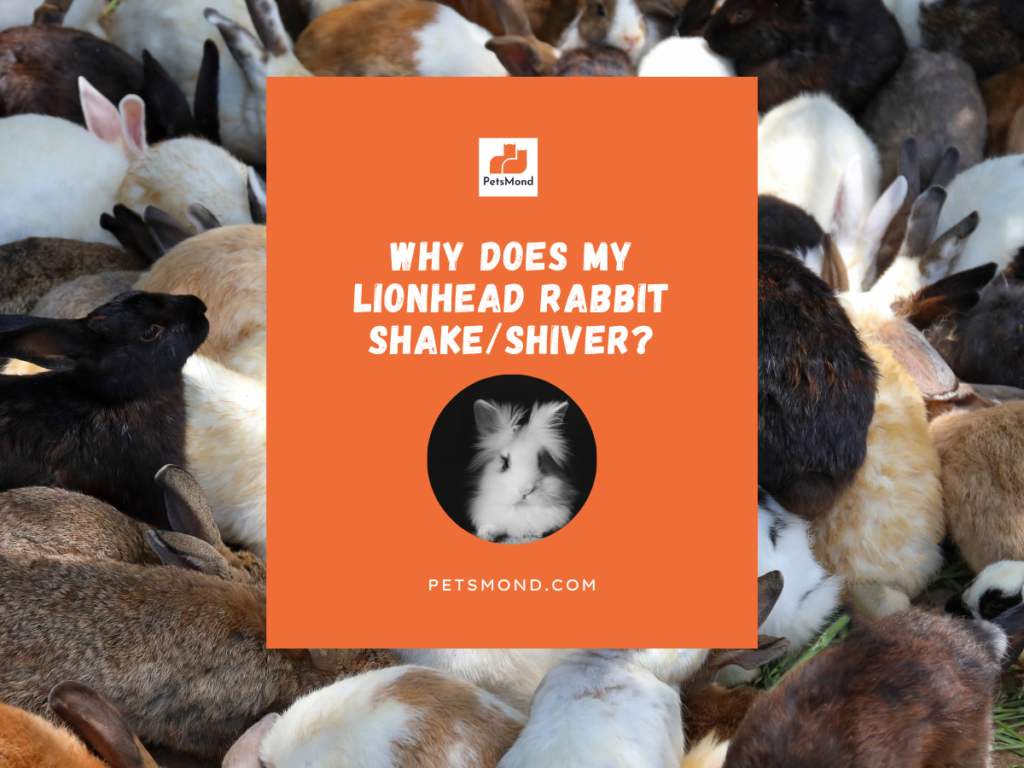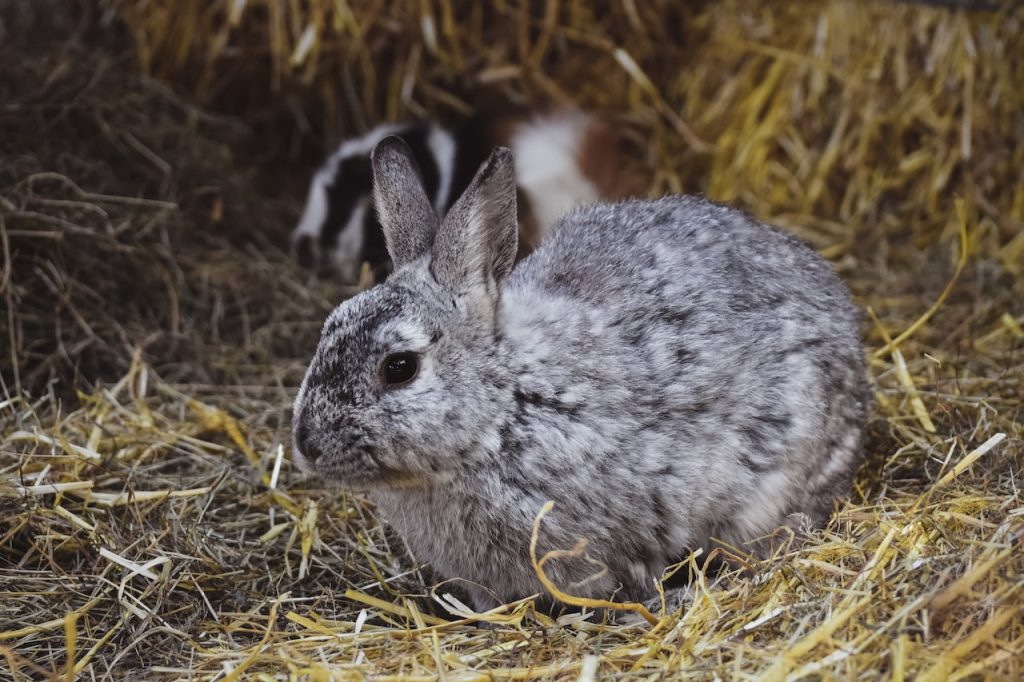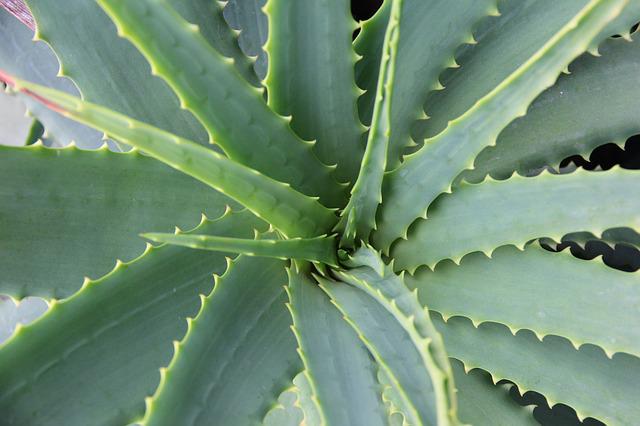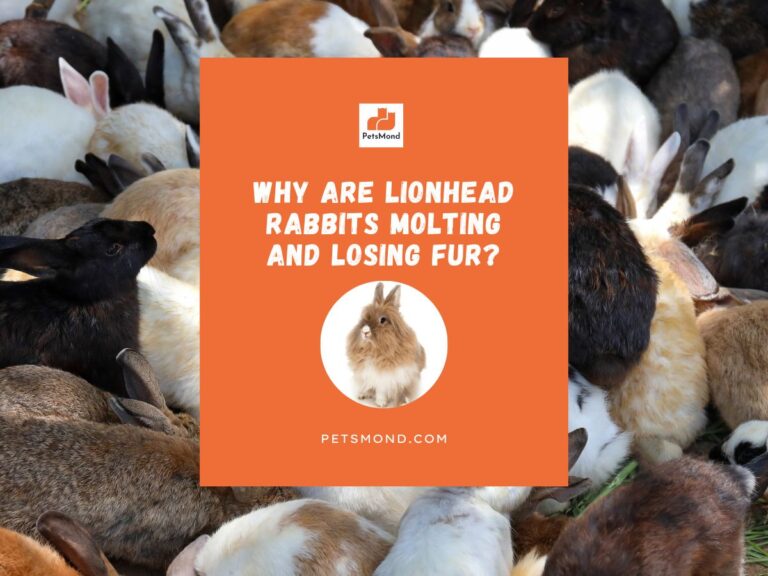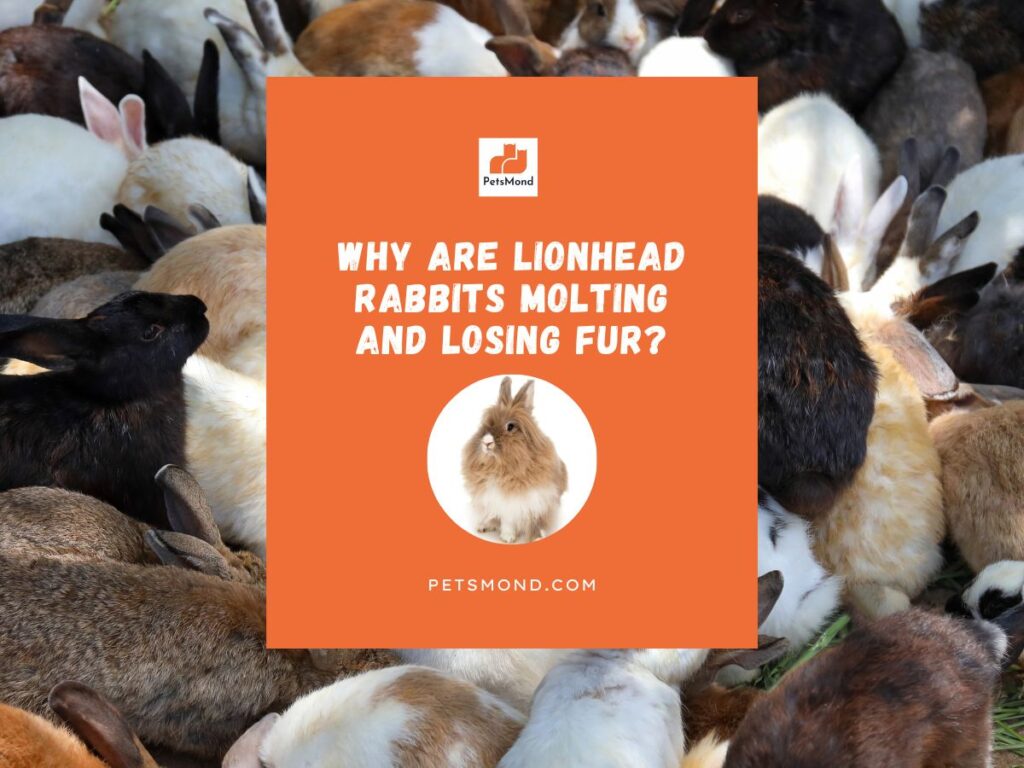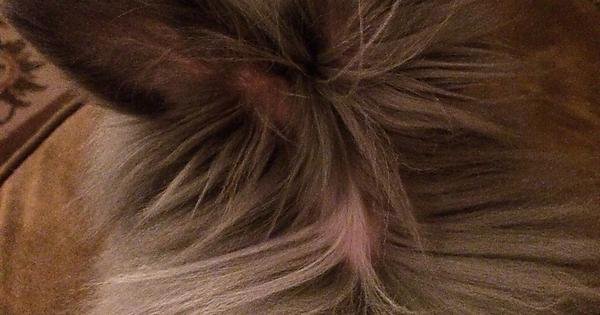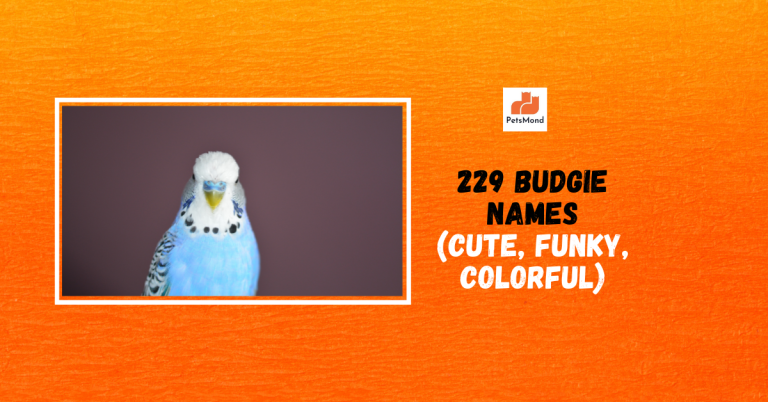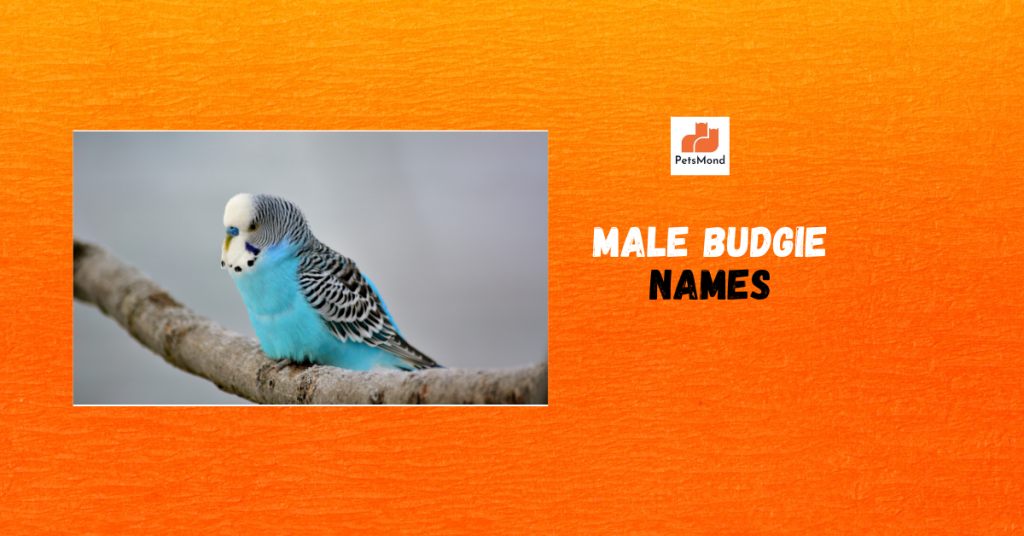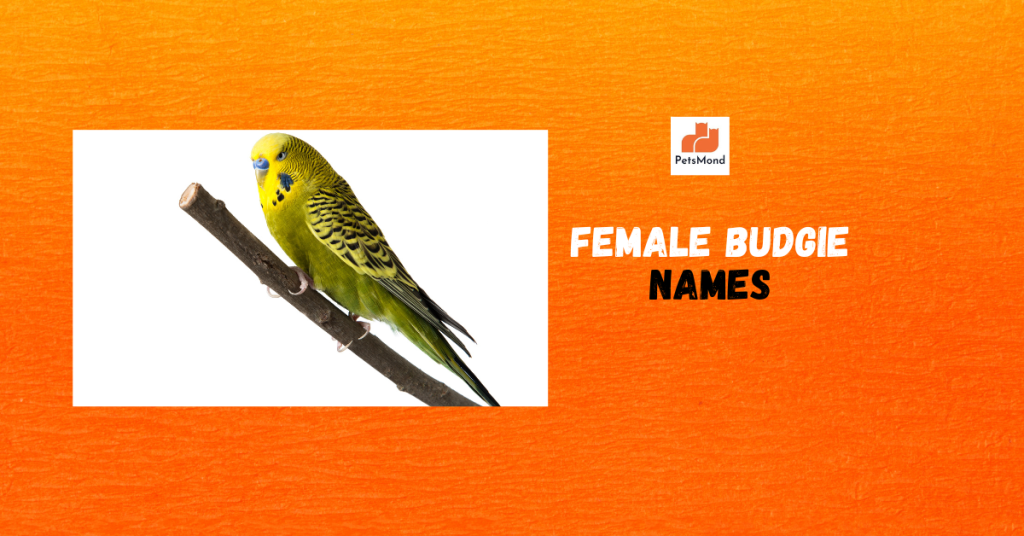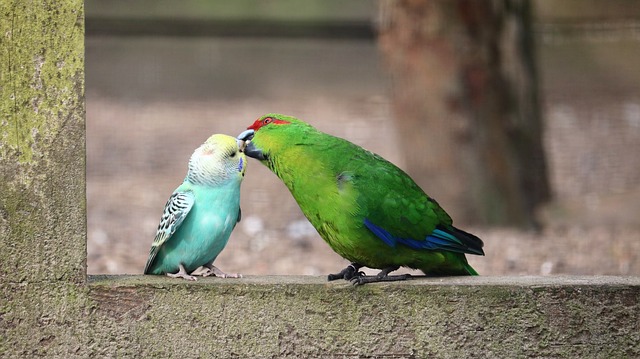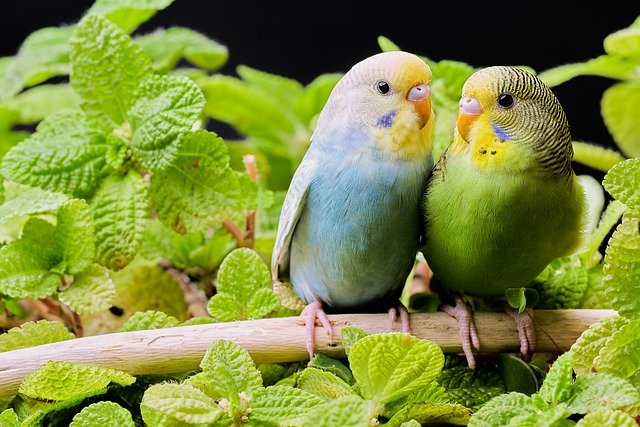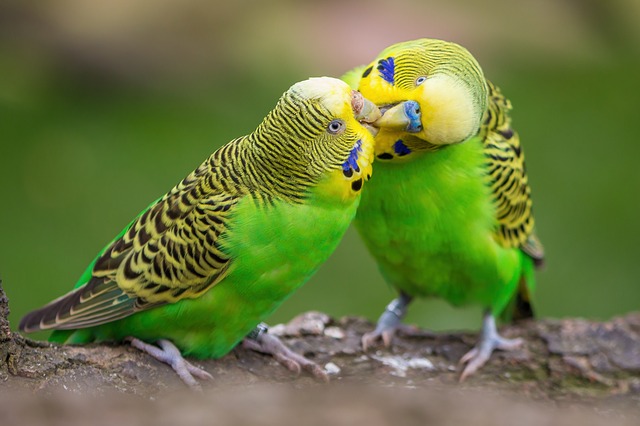When you’re thinking of raising a rabbit as a pet, it’s important to consider the maintenance factor. When I began fostering rabbits, I recognized the commitment expected and after raising different breeds in the last decade, I thought it’s time to talk about the maintenance level expected for each rabbit breed and lionhead rabbit breed in this article.
Lionhead rabbits are considered to be somewhere in between low and high-maintenance pets. They require regular grooming to maintain their long fur, a balanced diet, and a clean living environment to lead happy and long lives.
Don’t think that a lionhead rabbit requires a similar maintenance level like other rabbit breeds. I wanted to take you through a detailed approach where I explain how to maintain your lionhead rabbits. This article addresses the following:
- 9 points to consider in maintaining lionhead rabbits
- Maintenance of lionhead rabbits vs. other rabbit breeds
- Maintenance of rabbits vs. other pets (compared)
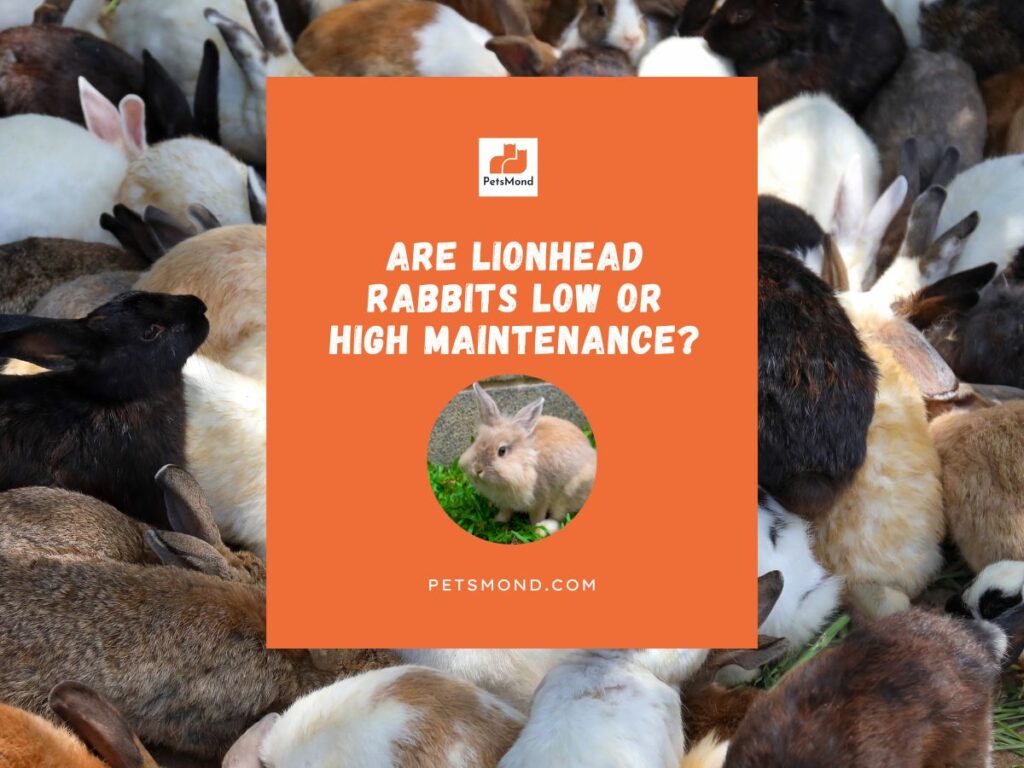
Maintenance of Rabbit Breeds Compared
Did you know that every rabbit breed has a specific maintenance expectation?
When I fostered the first lionhead rabbit in my life, I found the breed comparatively better than other rabbit breeds in terms of maintenance as I’ve had Angoras and other giant breeds in the past.
Are you a beginner? Have you raised rabbits in the past? Ask this first before knowing about their maintenance.
| Rabbit Breed | Level of Maintenance |
|---|---|
| Lionhead | Moderate to High |
| Holland Lop | Low to Moderate |
| Mini Rex | Low |
| Netherland Dwarf | Low to Moderate |
| Flemish Giant | Moderate |
| English Lop | Moderate to High |
| Californian | Low |
| New Zealand White | Low |
| Angora | High |
Please note that the level of maintenance required for each breed may vary based on factors such as age, health, and individual temperament. Additionally, this table is based on general information and actual maintenance requirements may vary depending on the specific rabbit and individual circumstances.
Maintenance of Rabbits vs. Other Pets
When you think of adopting a lionhead rabbit (I’d recommend adopting instead of buying), it’s essential to know if this breed is better than other rabbit breeds.
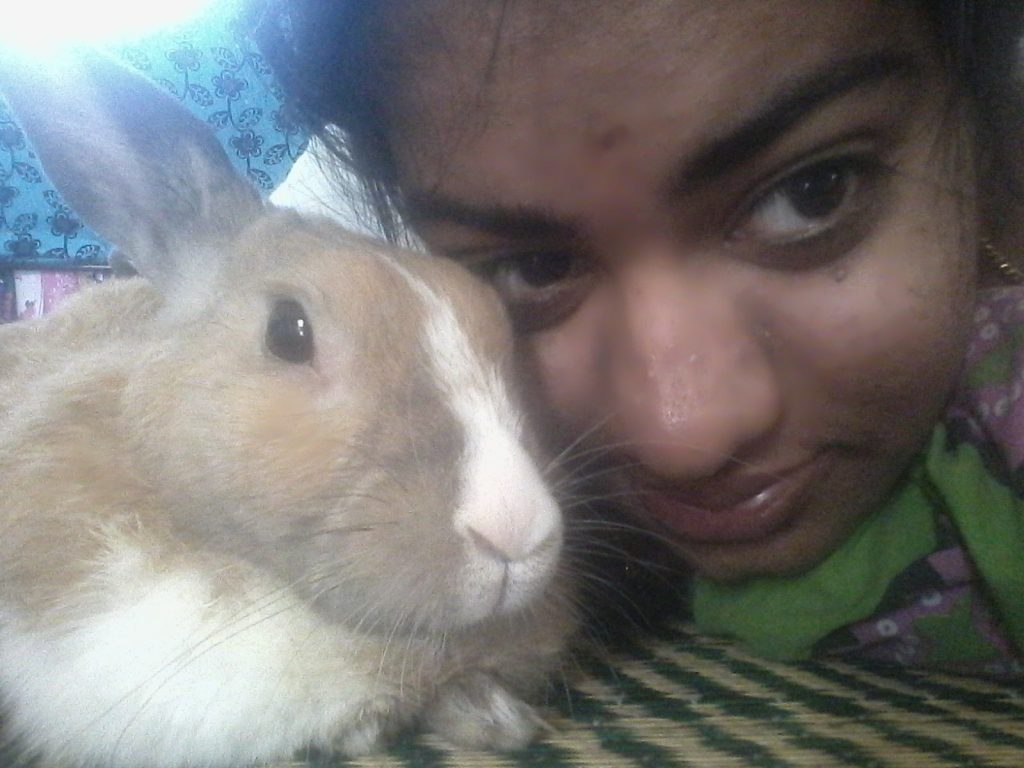
For instance, Angora rabbits require high maintenance compared to Lionhead rabbits, but Lionheads require high maintenance compared to Rex rabbits. Ideally, it’s their body structure, food patterns, and health conditions that are taken into consideration to determine maintenance levels.
Here’s a table comparing rabbits vs. other pets in terms of maintenance:
| Pet | Overall Requirements | Maintenance Expected |
|---|---|---|
| Rabbit (including Lionhead) | Balanced diet, clean living environment, regular grooming | Moderate |
| Cat | Balanced diet, clean litter box, regular veterinary check-ups, occasional grooming | Low |
| Dog | Balanced diet, regular exercise, clean living environment, regular veterinary check-ups, training, occasional grooming | Moderate to High |
| Fish | Clean tank, balanced diet, appropriate water temperature, regular water changes | Low |
| Bird | Clean living environment, balanced diet, regular veterinary check-ups, socialization, occasional grooming | Moderate |
| Guinea Pig | Balanced diet, clean living environment, occasional grooming | Low to Moderate |
| Hamster | Clean living environment, balanced diet, occasional handling | Low |
| Reptile | Appropriate habitat, balanced diet, appropriate temperature and humidity, occasional veterinary check-ups | Moderate to High |
Please note that this table is based on general information and actual maintenance requirements may vary depending on the specific pet and individual circumstances.
How To Maintain Lionhead Rabbits: 9 Tips
Frequent Grooming
Lionhead rabbits need frequent grooming because of their thick, fluffy mane around their head and shoulders. This type of coat is prone to matting and tangling, which can become uncomfortable for the rabbit and can even cause skin irritation or infection if left untreated. It can also attract fleas and ticks to settle in. Additionally, the thick mane can also make it difficult for the rabbit to see, which can be a safety concern. PDSA stresses that grooming needs to be the topmost priority.
Grooming your Lionhead rabbit regularly helps to keep their coat clean and free of tangles, which helps to prevent matting and keeps the rabbit looking and feeling their best. It can also help to reduce shedding and to keep the rabbit’s skin healthy.
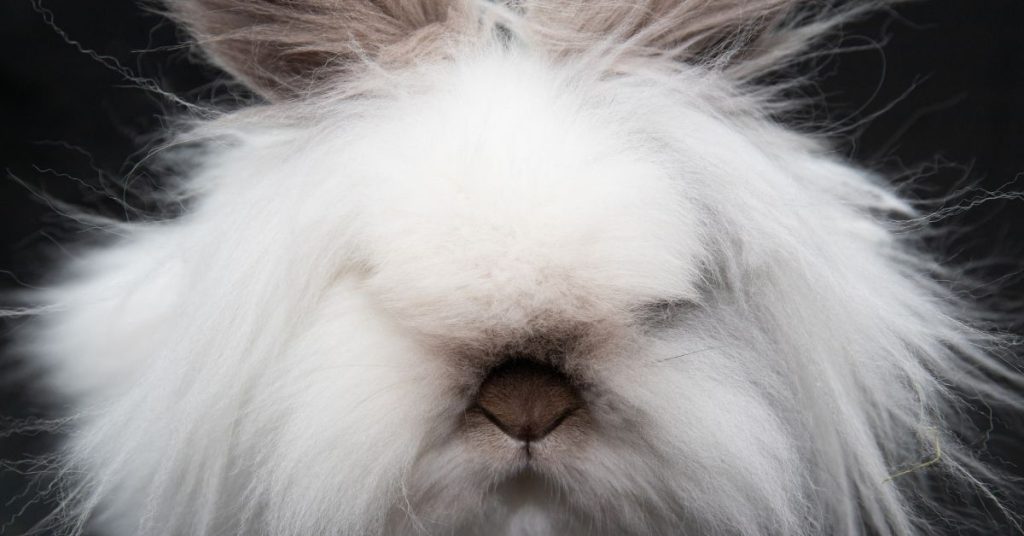
The best way to groom a Lionhead rabbit is to use a slicker brush or a fine-toothed comb, which can help to remove tangles and mats without pulling on the rabbit’s delicate skin. It is recommended to groom them at least twice a week, and daily during shedding season.
Ample Space
Lionhead rabbits, like all rabbits, need ample space to move around, play and to express their natural behaviors. This is because they are naturally active and curious animals that need room to explore and to stay physically and mentally healthy. However, Lionhead rabbits may need more space than other rabbit breeds due to their unique size and characteristics of their mane.
One reason is that, Lionhead rabbits are a small to medium-sized breed, but their thick mane can make them look bulkier and they might need more room to move around comfortably. Their mane can also affect their vision so they might need more space to navigate around, preventing possible accidents like bumping into walls or furniture. Additionally, Lionhead rabbits have a high energy level and they need plenty of room to run and play, which can help to keep them physically fit and mentally stimulated.
Therefore, providing them with a spacious living area that is at least 4 ft by 2 ft, and ideally, even larger, is crucial. It can be in the form of a pen or a hutch, or a large cage. Furthermore, having a rabbit-proofed room or an outdoor exercise area where the rabbit can spend time outside of their living area can provide them with more space and enrichment opportunities.
More Fragile
Lionhead rabbits are considered more fragile compared to some other rabbit breeds. There are a few reasons why:
- Their unique mane: Lionheads have a thick mane of fur around their head and shoulders, which can be more prone to matting and tangling if not properly groomed. This can make them more susceptible to skin irritation or infection.
- Dental issues: like most rabbits, Lionheads have continuously growing teeth, which can become misaligned or overgrown if they do not have access to appropriate chewing materials. Overgrown teeth can make it difficult for the rabbit to eat and can lead to health problems.
- Gut motility: Lionheads, like other rabbits, have a delicate digestive system that can be prone to gastrointestinal problems such as gut stasis, which is a serious condition that occurs when the normal movement of the gut slows down or stops, can lead to dehydration, weight loss, and even death if not addressed promptly.
- Size: Despite being small to medium-sized breed, Lionheads can have a bulkier appearance due to their thick mane; this might put more pressure on their joints and spine making them more prone to injury.
- High Energy: Lionheads have a high energy level, they love to run and play, but if they are not provided with enough space or enrichment activities, they can become bored, which can lead to destructive behavior or health issues.
High Dietary Needs
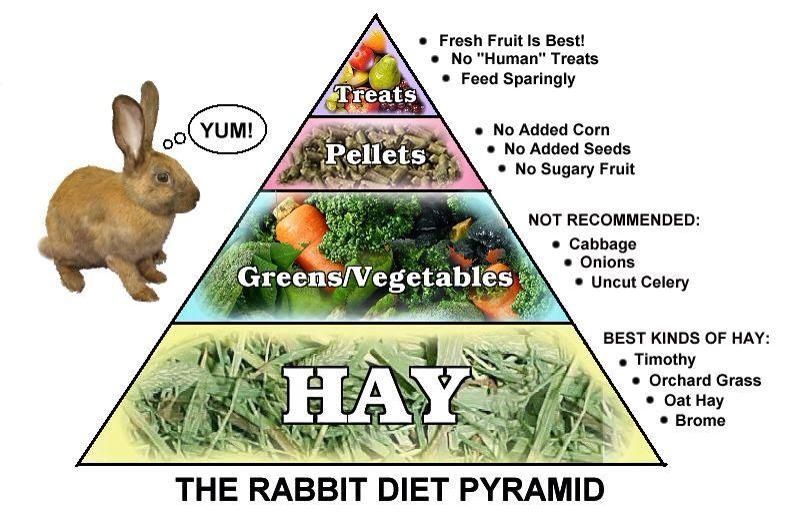
Lionhead rabbits have specific dietary needs that are slightly different from other breeds of rabbits. They require a lot of hay but also have a bigger appetite for greens and fruit than most. Lionhead rabbits are considered to be grazers instead of scavengers due to their high dietary requirements, which means they need access to food throughout the day rather than just a couple of big meals.
A recommended daily diet consists of 60-80% plain hay/grass, 15-20% fresh vegetables, 5-10% pellets and, if desired, a very small amount of fruit as a treat. Getting the balance right is key to keeping your lionhead healthy – don’t forget water too!
Health Complications
Lionheads can be more prone to dental problems like misaligned teeth or overgrown ones, as well as respiratory infections. Additionally, due to their shorter legs, shorter heads and longer backs, they can be at risk of developing spinal injuries if mishandled.
It’s particularly important to provide your Lionhead with consistent exercise opportunities without putting undue pressure on their spine – even regular cuddle time counts! To stay healthy, it’s also important for them to eat the right balance of hay and pellets with a few healthy snacks here and there.
Housing
The ideal housing structure for a Lionhead Rabbit is one that allows them ample space to hop and explore, as well as plenty of opportunities for exercise. They need at least three times the size of their body in order to move around and stay active. The cage should be constructed with mesh walls and a wire floor, as these materials provide ventilation and prevent foot problems from developing.
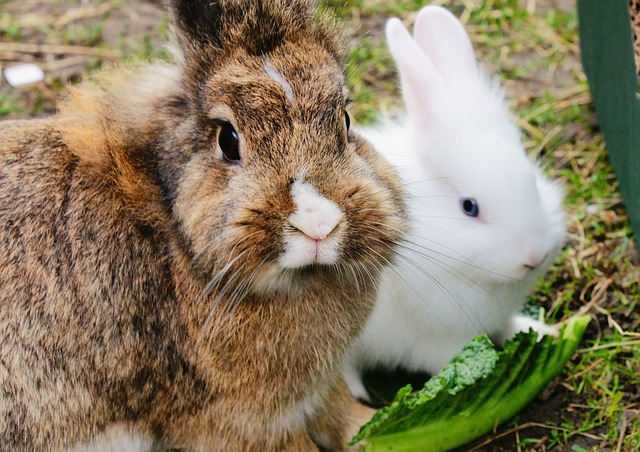
Additionally, you’ll want to add bedding, hay racks, chew toys, a litter box and fresh water to round out the setup. Finally, it’s important to ensure your rabbit has access to shade or cover when exposed to direct sunlight. This can help keep them cool on hot days and reduce their stress levels overall.
NI Direct Government Services has an exclusive article about why a rabbit needs a proper housing setup. Perhaps, they can’t live outside at all times.
Upkeep Costs
The cost of keeping a Lionhead Rabbit as a pet can be quite high. The initial purchase price of the rabbit itself is just one part of the equation. Regular visits to the vet, cage supplies such as bedding and hay racks, food, chew toys and treats all add up over time. Additionally, it’s important to keep in mind that rabbits require frequent grooming and regular trimming of their fur to prevent matting and discomfort.
In terms of monthly expenses, a typical Lionhead Rabbit’s needs will run between $50 – $200 per month, depending on the specific supplies needed for your particular rabbit.
Long-term Commitment
Lionhead rabbits are considered a long-term commitment because they require a considerable amount of continuous care to remain healthy and happy. As with all pets, Lionhead rabbits need regular veterinary checkups, vaccinations, and deworming. They also need plenty of space for exercise and activities, as well as an enriched environment with chew toys, fresh food, and hay racks.
Additionally, their fur needs to be groomed regularly to prevent matting and discomfort. Don’t forget their lifespan of 7-11 years, depending on the environment and health conditions.
Sensitive To Environment
Lionhead rabbits are sensitive to their environment because they are fragile and have delicate respiratory systems. It is important that any space where they live is kept at a comfortable temperature, free from dampness and drafts. Their fur should be groomed regularly in order to help keep them warm, as well as prevent matting and discomfort.
Additionally, Lionhead rabbits can become easily stressed in loud and unfamiliar environments, so it is important to gradually introduce them to new people, places or activities.
FAQ
Are Lionhead Rabbits Good For Beginners?
Lionhead rabbits can be considered good pets for people with experience, as they require plenty of commitment and care. They differ from other breeds in terms of grooming mane, ample mobility, and high dietary needs, which can be difficult for beginners.
Are Lionhead Rabbits Good House Pets?
Yes, lionhead rabbits can make excellent house pets. They are relatively quiet and clean animals that don’t take up much space. They need an enriched environment with plenty of chew toys, hay racks, fresh food, and regular grooming.
Do Lionhead Rabbits Shed A Lot?
Lionhead rabbits shed comparatively more than other rabbit breeds due to their growing mane and thick coat. Winter and summer are two seasons when their shedding levels are high. In such instances, daily brushing is required. Otherwise, brushing a week is sufficient.
Are Lionhead Rabbits Small?
Yes, lionhead rabbits are usually quite small, typically weighing around three to four pounds. They are known for their distinctive mane of fur around the head and neck area.
Are Lionhead Rabbits Lazy?
Lionhead rabbits are considered energetic and active. They enjoy playing with toys and interacting with people and other pets. However, they do require plenty of rest and a good amount of daily exercise to stay healthy.
Related Articles


